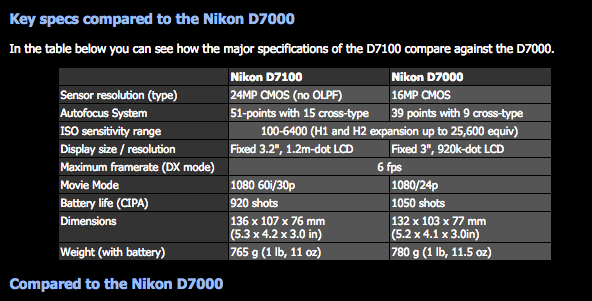In June 2011 Google announced that it would be introducing “authorship markup” to search results, thus linking each piece of content on the web with its respective author. The stated reason for this was to confirm authenticity. Coincidently, or not, Google unveiled its Google+ social network that very same month. Now, after 3 years of testing authorship, Google came to the decision that it simply wasn’t providing enough value in return for the resources it took, particularly on mobile devises where bandwidth and screen space is limited.
In June of this year, Google announced that author photos would no longer be displayed alongside the search results. John Mueller of Google webmaster tools stated that Google was seeing little difference in the click behavior of searchers between author results and results without authorship. Recent studies have also found that adoption of authorship markup was low. Many of those who had tried to implement authorship found errors in their markup, no link to their Google+ profile and even conflicting authors for the same piece of content. Quite clearly authorship was a bigger task than it might have seemed.
For now authorship remains an interesting experiment that may return, or may not. Searchers are still reporting author photos showing for personalized results (results from those that a searcher has within their Google+ circles when they are signed in).
Replacing authorship – Structured snippets
Google’s research team announced just last month its new addition to Google search: “structured snippets”. So what are structured snippets? According to Google, snippets are “detailed information intended to help users with specific queries. For example, the snippet for a restaurant might show the average review and price range”.
Search “Nikon D7100” in Google and you will see the product details listed beneath the dpreview.com search result:
And here the table that the data is taken from:
Rich snippets often give users additional reasons to click through to a link, although how relevant this is with structured snippets remains to be seen. Googles announcement went on to say “We use machine learning techniques to distinguish data tables on the Web from uninteresting tables, e.g., tables used for formatting web pages. We also have additional algorithms to determine quality and relevance that we use to display up to four highly ranked facts from those data tables”
How it works
Structured snippets work by web authors tagging parts of their web pages to let Google know what to show as part of the structured snippets (Google will show up to 4 entries). For a deeper understanding, try out Google’s Mark Up Tool.
Why structured snippets is a big thing
- It makes your result stand out from the crowd
- Provides important data that users can readily use. Most important on mobile devices
- Convert customers without the need for them to visit your website – You can allow customers to call you from the search results (No need to visit any website)
The presence of a contact telephone as part of your website’s structured snippets is just what Google wants to see. Google is all about promoting real people & real companies in the search results. Anything you can do within structured snippets to give your result and your website extra authority, or trust is certainly worth considering.
While the thought of searchers opting not to visit your web page might seem like a bad thing, it also presents new opportunities. One of which is feeding information to Google Knowledge Graph. Google launched Knowledge Graph in 2012; it is an addition to search which gathers information from multiple sources and uses this information to provide structured and detailed results to searchers. According to Google, knowledge base now contains over 570 million entities, including 18 million facts and connections, for example: People, places, events, and much more.
This information can then be returned in a number of ways including knowledge graph boxes, direct answers or simply to improve the relevancy of search results. In some cases searchers can resolve their query much more quickly without visiting any websites and gathering the information themselves. This becomes appealing for mobile users who want quick responses on the go and allows searches to become much more “responsive” in relation to the device that is being searched on, and the nature of the search at that time.
Structured Snippets & Google Glass
It is too soon to say whether Google Glass will really appeal to the masses. What is clear is that structured snippets may become a vital part of Glass search if Google Glass takes off. Google Glass has no web browser to speak of. In fact, you can’t browse any websites at all. What you can do though is pull data from Google’s knowledge base, which are displayed in “cards”. These cards display snippets of structured data that Google has pulled from the web through its ever growing knowledge base.
It’s not just Google Glass either, as we see an increased emphasis on smart-watches and ever smaller devices. These may interact with search in the same way. Using structured snippets to display information on smaller screens, for “on the go searchers” who just want quick answers.
As search queries continue to grow on mobile devices by people “on the go”, the importance of structured snippets, or similar mark-up will become even more prevalent. This should not be lost on local businesses. They are the ones who will benefit most by allowing customers to quickly find information such as opening hours, contact information & answers to simple questions.

